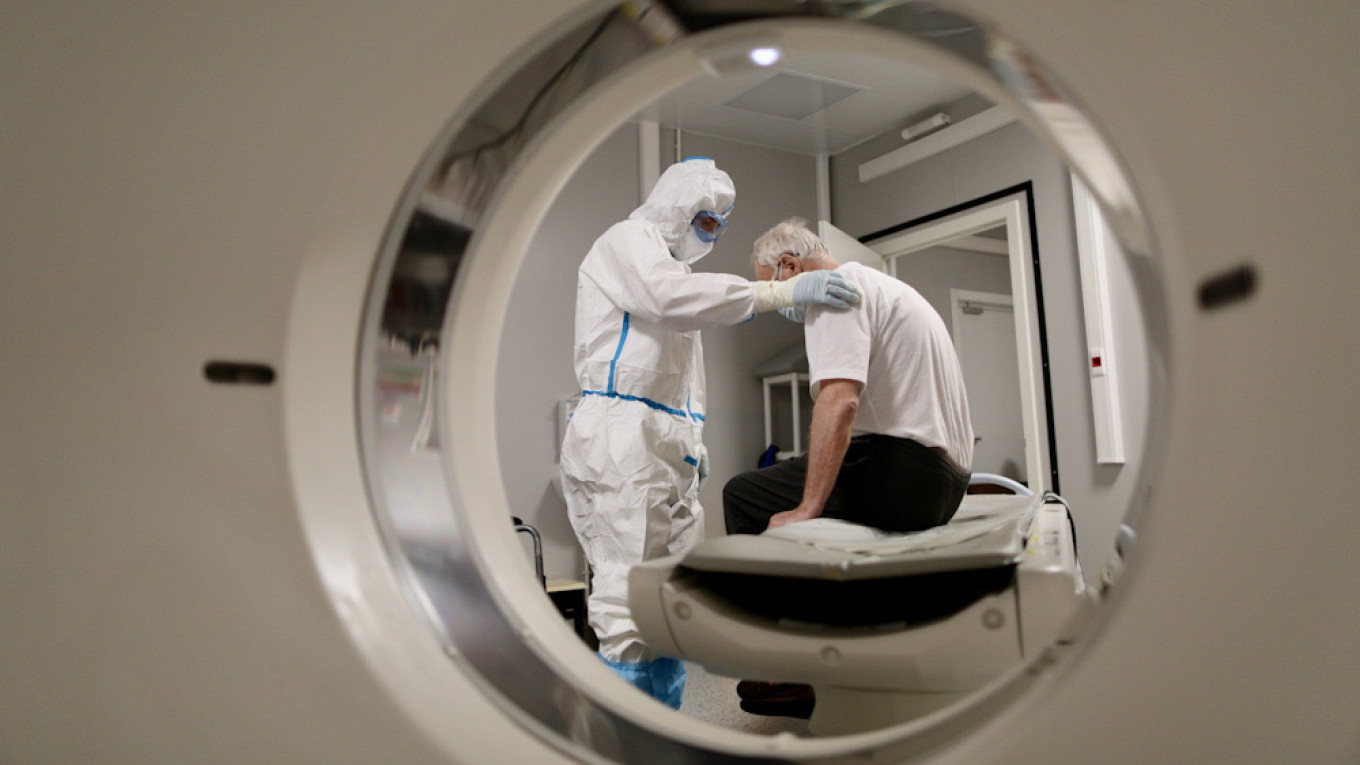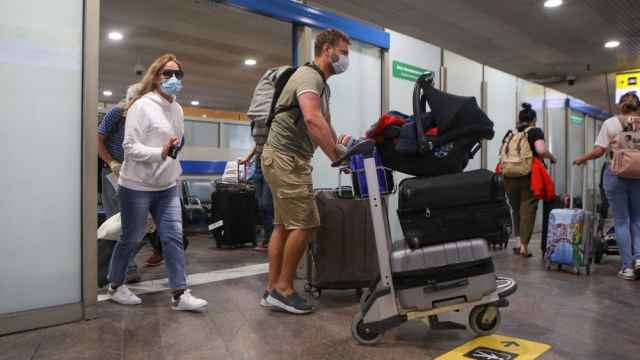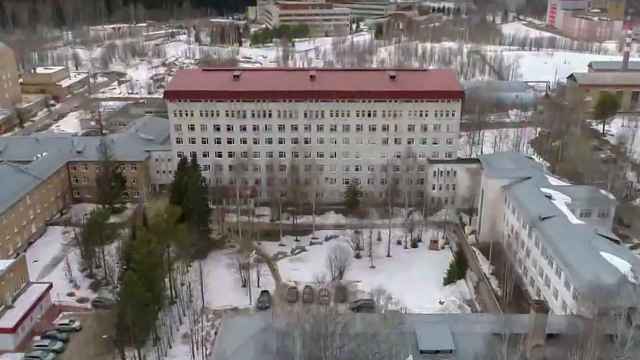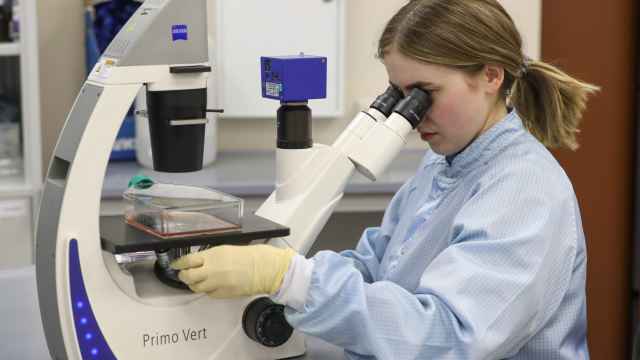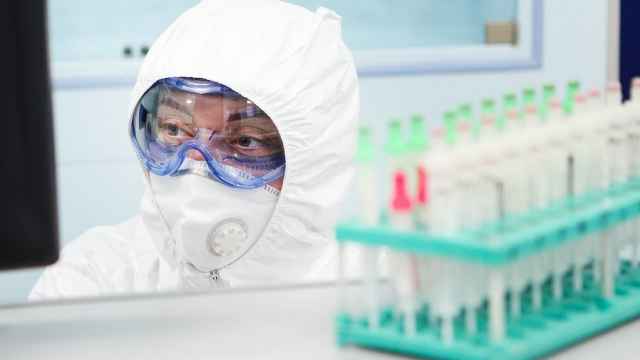Russia has registered cases of a rare and deadly fungal infection afflicting current and former coronavirus patients that has been on the rise in virus-stricken India, the pro-Kremlin Izvestia newspaper reported Monday.
Experts interviewed by the publication stressed that mucormycosis, which Indian doctors have dubbed “black fungus” due to its dark pigmentation, does not spread from humans to humans and Russia is not at risk of a mass outbreak. The infection, which has a 50% mortality rate, typically starts in the nose before spreading to the eyes and brain.
“As far as I know, there have only been isolated cases of mucormycosis in patients with Covid-19,” clinical mycology expert Nikolai Klimko told Izvestia, noting that further infections cannot be ruled out.
Klimko also ruled out the “black fungus” being brought from India because the patients are in too severe a condition to travel but noted that it is capable of breaking out on its own.
He identified one patient being treated for the “black fungus” as being from the mycology, allergy and immunology department that he heads at the I. Mechnikov North Western State Medical University in St. Petersburg.
Pavel Volchkov, head of the Moscow Institute of Physics and Technology genome engineering laboratory, told Izvestia that mucormycosis spreads in humid subtropical climates and is linked with the use of antibiotics.
The “black fungus” is more likely to spread in the ICU, where patients are treated with antibiotics for bacterial infections, according to Sergei Yakovlev, president of the alliance of clinical chemotherapists and microbiologists.
“During the global swine flu epidemic [in 2009], severe patients with a viral infection were prone to increased risk of secondary infection,” Izvestia quoted Yakovlev as saying.
Mucormycosis is usually most aggressive in patients whose immune systems are weakened by other infections.
Covid-19 sufferers more susceptible to contracting the fungal infection include those with uncontrolled diabetes, those who used steroids during their virus treatment, and those who had prolonged stays in hospital ICUs.
Treatment involves surgically removing all dead and infected tissue and administering a course of antifungal therapy.
None of the experts interviewed by Izvestia named a specific figure of suspected mucormycosis cases in Russia.
AFP contributed reporting.
A Message from The Moscow Times:
Dear readers,
We are facing unprecedented challenges. Russia's Prosecutor General's Office has designated The Moscow Times as an "undesirable" organization, criminalizing our work and putting our staff at risk of prosecution. This follows our earlier unjust labeling as a "foreign agent."
These actions are direct attempts to silence independent journalism in Russia. The authorities claim our work "discredits the decisions of the Russian leadership." We see things differently: we strive to provide accurate, unbiased reporting on Russia.
We, the journalists of The Moscow Times, refuse to be silenced. But to continue our work, we need your help.
Your support, no matter how small, makes a world of difference. If you can, please support us monthly starting from just $2. It's quick to set up, and every contribution makes a significant impact.
By supporting The Moscow Times, you're defending open, independent journalism in the face of repression. Thank you for standing with us.
Remind me later.


